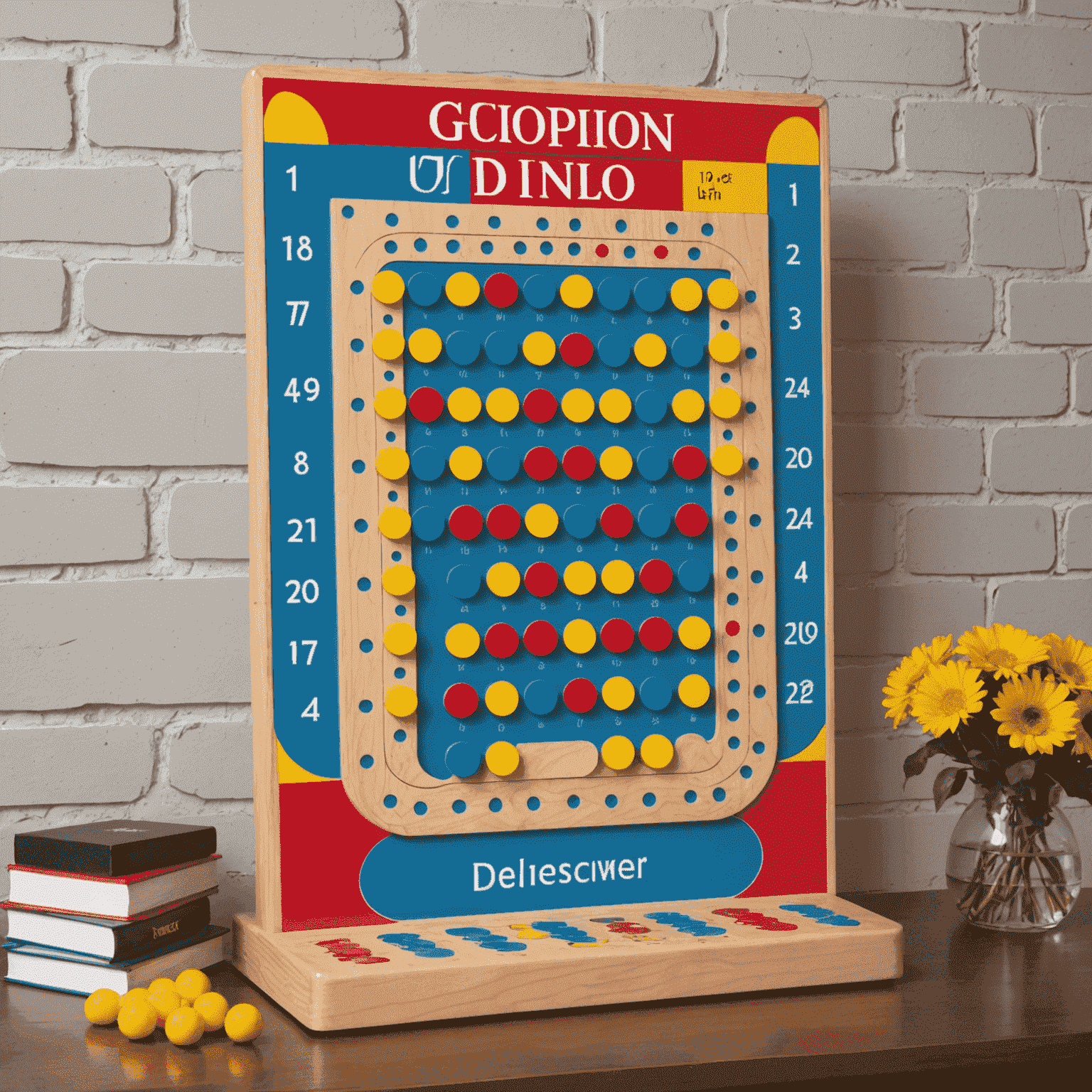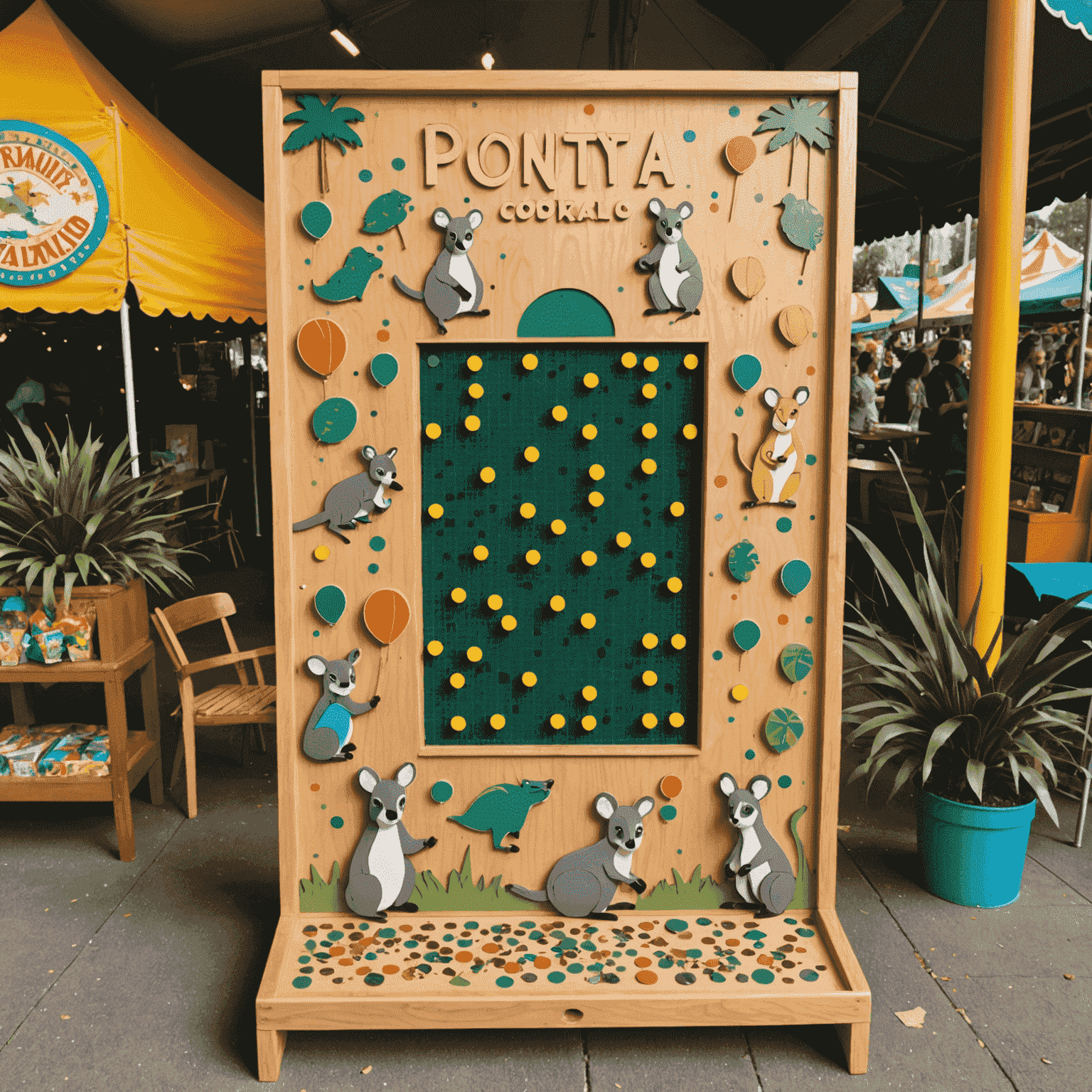Plinko Around the World: International Variations

Plinko, the beloved game of chance, has captured hearts worldwide, evolving uniquely in different cultures. This article explores how Plinko has been adapted internationally, with a special focus on Spain and other countries.
Spanish Plinko: "El Plinkito"
In Spain, Plinko has taken on a life of its own, often referred to as "El Plinkito." The Spanish version typically features:
- Brightly colored boards reminiscent of traditional Spanish festivals
- Smaller pegs, allowing for more intricate paths
- Prize zones often labeled with Spanish cities or regions

Japanese Pachinko: Plinko's Distant Cousin
While not directly derived from Plinko, Japan's Pachinko shares similar principles:
- Vertical pinball-like machines
- Thousands of small metal balls
- Complex layouts with numerous pegs and obstacles
British "Tipping Point": A Plinko-Inspired Game Show
The UK's popular game show "Tipping Point" uses a giant Plinko-like machine where contestants drop large coins to win prizes, demonstrating Plinko's influence on television entertainment.
Australian "Plinko Carnival"
In Australia, Plinko often appears at carnivals and fairs with a unique twist:
- Larger boards for increased visibility
- Themed designs featuring Australian wildlife
- Prize zones sometimes replaced with challenges or dares

Cultural Significance
Plinko's international variations reflect each culture's unique approach to games of chance:
- In Spain, it embodies the festive spirit and community engagement
- Japanese Pachinko represents a significant part of the entertainment industry
- The British adaptation showcases the love for quiz shows and public participation
- Australian versions highlight the country's outdoor and carnival culture
Conclusion
From Spain's colorful "El Plinkito" to Australia's wildlife-themed boards, Plinko has proven its versatility and universal appeal. These international variations not only provide entertainment but also offer insights into cultural preferences and social norms around games of chance. As Plinko continues to evolve, it remains a testament to the global love for simple, yet exciting games that bring people together.